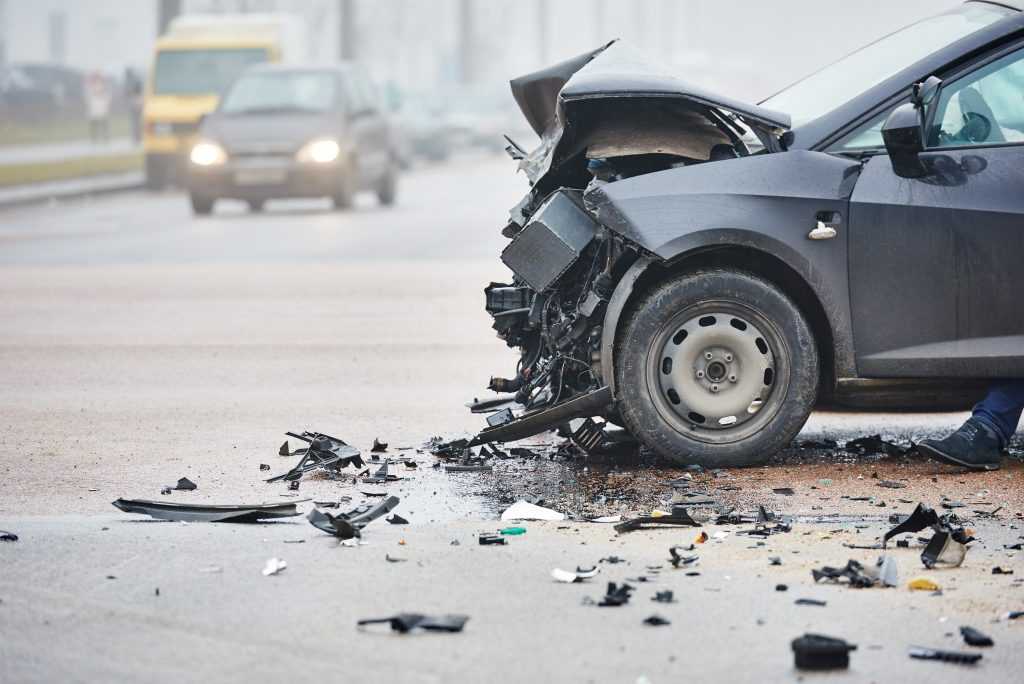 Nobody wants to be involved in any kind of auto accident. But even the most careful and experienced drivers sometimes have an accident, especially because they’re not the only people who use public roads. Different factors may lead to a crash, and an accident can involve one to multiple vehicles. Road mishaps are not limited to high speeds, either.
Nobody wants to be involved in any kind of auto accident. But even the most careful and experienced drivers sometimes have an accident, especially because they’re not the only people who use public roads. Different factors may lead to a crash, and an accident can involve one to multiple vehicles. Road mishaps are not limited to high speeds, either.
It is prudent and advisable to be prepared for accidents, even if you are a careful driver. Knowing what to do in case of a crash may save your life and the life of others. At the very least, it may save you from a lot of hassles or problems with the police.
What You Should Always Have in Your Car
Keep a card in the glove compartment with the name of the loved one to be called in case you’re hurt. Your car registration should be there as well. Have your driver’s license on your person every time you drive. Additional items include a small emergency kit, flares, triangles, cones or other warning devices.
What to Do in Case of an Accident
Remain calm and take a few deep breaths. Do not make sudden movements even if the accident is minor. Do not give in to anger; there is no point in engaging in a fight with the other driver/s no matter whose fault it was. Check yourself for injuries. Call for an ambulance if you are not sure. If the accident is minor, you may move your vehicle to the side for safety. Turn on the hazard lights and use your warning devices to let other drivers know. Call the police immediately, then call your insurance agent. Do not leave the scene until the police say you may, or unless you have to go to the hospital. Wait for the other drivers to leave before you go.
What to Do After the Day of the Accident
Even if the accident is minor, it is advisable to see a doctor for a checkup. An accident may cause bruising, a concussion, or pain. You may see a car crash chiropractor if you need help with pain management or misalignment. A crash may also cause some mental or emotional stress; it is advisable to visit a professional to help you cope.
Accidents vary in degree, both in their potential for destruction and their effect on the people involved. Be prepared; it may spell the difference between getting home safe and getting into more trouble.

